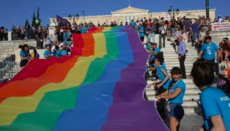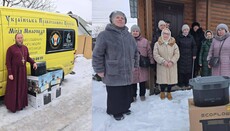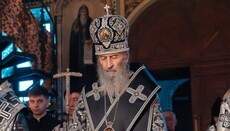Church weddings in Greece drop by more than half over 30 years

Greece’s statistics agency notes that the decline in church weddings reflects deep social changes and fuels debate over same-sex marriage.
In October 2025, the Hellenic Statistical Authority (ELSTAT) published data, according to which the share of weddings out of the total number of marriages fell from 89.6% in 1994 to 38.5% in 2024 – a drop of 57%.
The lowest figure was recorded in 2020, when only 29.5% of marriages were religious; the number later partially recovered but has never returned to previous levels. In 2024, Greece registered 36,649 marriages in total: 19,695 church weddings and 16,954 civil marriages – a 9.2% decrease compared to 2023.
According to the same report, 14,486 civil partnership agreements were registered in 2024 – down 3.9% from the previous year. For the first time, the 2024 data included 182 same-sex marriages. Among civil partnerships, 192 male and 96 female same-sex unions were recorded.
Although Orthodoxy remains an important part of Greek identity, more and more couples are choosing civil ceremonies or cohabitation instead of the Church’s sacramental rite. Notably, Greece became the first country with an Orthodox majority to legalize same-sex civil marriage. The Orthodox Church, however, does not bless such unions – underscoring the divide between religious and state practices.
Experts note that the “erosion” of the traditional church marriage model coincides with a broader demographic decline, complicating efforts to shape a long-term family policy.
The Greek statistical authority stresses that the thirty-year decline in church weddings is steady and reflects a deep transformation of family life. Against this backdrop, public debate over the legalization of same-sex marriage and the place of Orthodoxy in Greek society remains among the most heated in the country.
Earlier, the UOJ reported that Greece has banned social media use for persons under 16.












